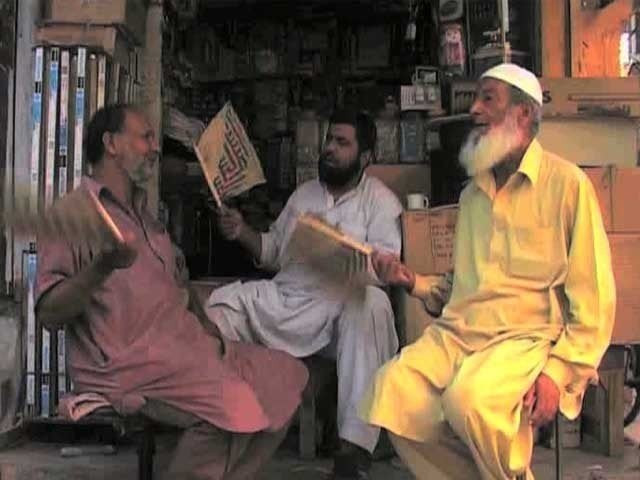Power cuts intensify across country
Citizens brave hot weather with 10 to 12-hour load-shedding as electricity shortfall hits 6,705MW

Nationwide power outages averaged around 10 to 12 hours a day as sources confirmed that the electricity shortfall had hit 6,705 megawatts (MW). On Tuesday, the power shortfall was recorded at 5,000MW.
According to Power Division sources on Friday, the total production of electricity in the country was 20,795MW while the demand 27,500MW.
Currently, 7,349MW of electricity is being generated through hydropower plants, 639MW through government thermal power plants, 9,048MW through private power plants, 534MW through wind power plants and 123MW through solar plants.
Similarly, nuclear power plants are producing 2,988MW of electricity.
On the other hand, bagasse is being used to produce 115MW.
Notably, the electricity shortfall had jumped slightly above 6,500MW in June and displayed a spike of nearly 200MW in two weeks.
The shortage has led to load-shedding being ramped up to 12 hours from the earlier average of eight to 10 hours.
Unannounced outages are occurring in some areas due to technical faults, with the most rampant load-shedding being reported in areas more prone to power theft.
Residents of Lahore particularly faced difficult circumstances after the installations of Lahore Electric Supply Company (LESCO) suffered severe damage due to heavy monsoon rain in five districts falling in its region on Wednesday.
Three people, including a woman, lost their lives due to electric shocks.
LESCO sources said several electric poles collapsed and transformers were extensively damaged. The falling trees and poles caused a 12-hour power outage, leading to severe difficulties for more than six million consumers.
However, prolonged load-shedding across the country continued to make the lives of the people miserable with the Power Division sources saying that it was being carried out in only those areas where there were high losses and electricity theft was rampant.
Residents of most of the cities, including Karachi, Lahore, Peshawar and Quetta, registered complaints with distribution companies that they were facing up to 20-hour power cuts.
People in most areas of Karachi complained that they were suffering from three-hour load-shedding as many times a day.
The main complaints were regarding children getting sick without electricity amid sweltering temperatures.
Most of the people said that they were already struggling to make ends meet under the skyrocketing inflation, and it was difficult for them to take their children to the doctors.
Meanwhile, patients and staff members at Rawalpindi's district headquarters hospital faced immense difficulties due to prolonged power outages in the sweltering summer season.
Due to the extended power suspension, not only the fans but the X-ray and other laboratory equipment also stopped functioning, which added gravely to the woes of the patients and their attendants.
Hospital sources told The Express Tribune that due to a prolonged power breakdown in the DHQ Hospital, the affairs of the hospital came to a standstill.


















COMMENTS
Comments are moderated and generally will be posted if they are on-topic and not abusive.
For more information, please see our Comments FAQ